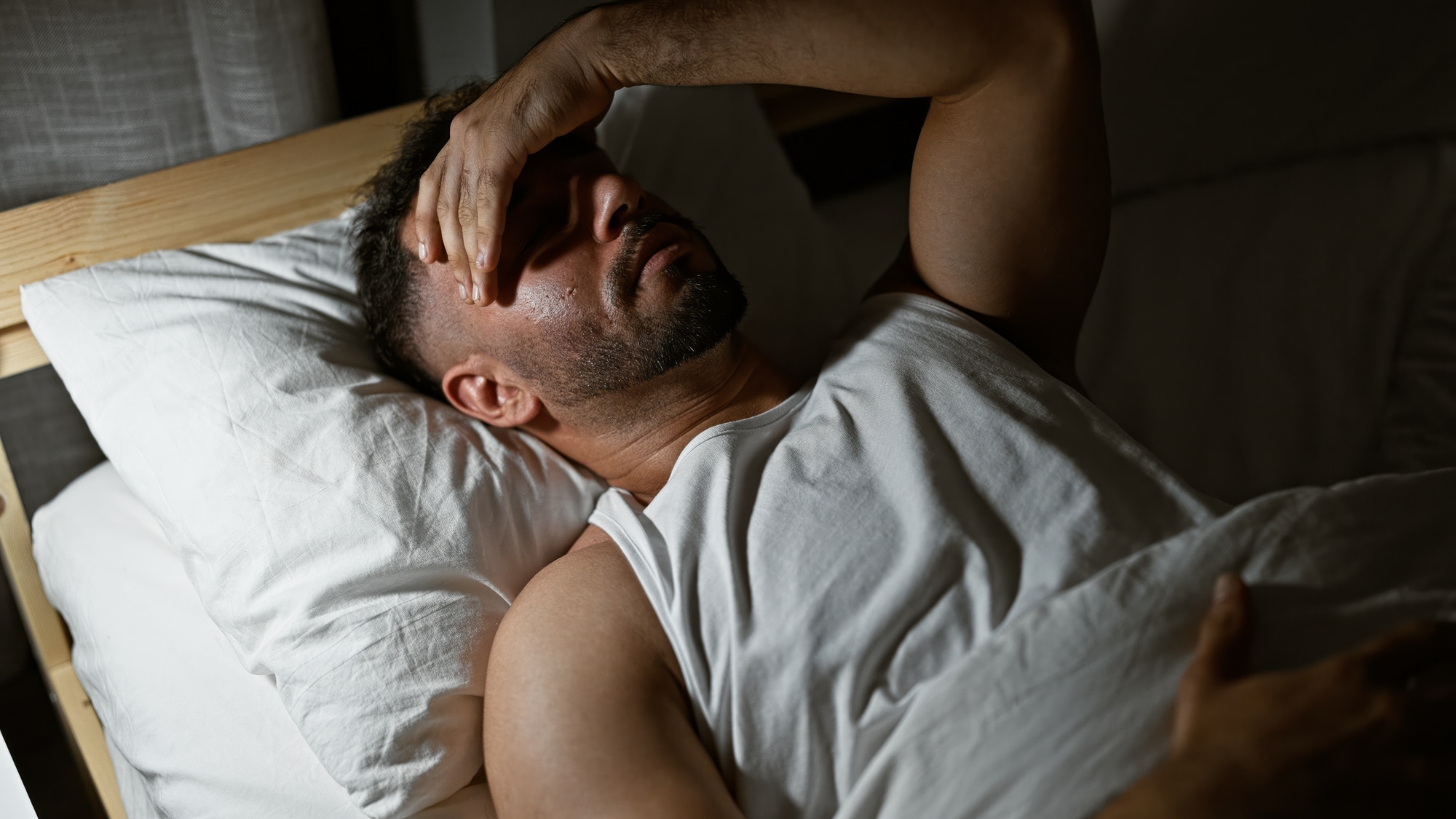When researching the medical literature for studies that explore sleep and joint pain, you will see that many of the research studies will begin with “the correlation between sleep and joint pain is poorly understood.”
Let’s look at this one study (1) : Patients were selected who suffered from neck pain, referred pain from the neck, disability, catastrophizing, depression, and problems of sleep quality. The doctors found that despite these problems, if you could reverse the problems of sleep quality and get them a good night’s sleep the pain would significantly improve. Conversely, neck pain “is less likely to improve in patients with poorer sleep quality, irrespective of age, sex, catastrophizing, depression, or treatments prescribed for neck pain.”

Using three year patient data, a May 2022 study (2) of over two-thousand patients noted: “(an) increasing number of reports (studies) have shown an association between sleep disturbance and pain, which is observed in several types of pain, such as fibromyalgia, rheumatoid arthritis, orofacial pain, and low back pain. ” The researchers of this study “reported that people with sleep disturbance had a significantly higher rate of neck pain than those without sleep disturbance, which also indicated the significant association between sleep disturbance and neck pain.” The authorsfound the longer the patient suffered from sleep disturbance, the worse their neck pain was.”
Stress management too – people who worry too much and “lose sleep over it,” have that much worse pain. A 2015 study (3) suggests that catastrophizing patients may have a difficult time healing because of lack of sleep and that these characteristics clinical important for treatment planning. The study from doctors at Johns Hopkins reports that patients with knee osteoarthritis who have poor sleep habits display greater central sensitization—an amplification of clinical pain. The study included 208 participants who were categorized into four groups:
- osteoarthritis patients with insomnia,
- osteoarthritis patients with normal sleep habits,
- healthy controls with insomnia,
- and healthy controls without a pain syndrome and normal sleep.
Seventy-two percent of the participants were female. Participants completed sleep assessments, psychological and pain evaluations, and sensory testing. Results show that the subjects with knee osteoarthritis and insomnia had the greatest degree of central sensitization compared to the controls. The team found patients with poor sleep and high catastrophizing scores reported increased levels of central sensitization. In turn, central sensitization was significantly associated with increased clinical pain.
References
1 Kovacs FM, Seco J, Royuela A, Melis S, Sánchez C, Díaz-Arribas MJ, Meli M, Núñez M, Martínez-Rodríguez ME, Fernández C, Gestoso M. Patients with neck pain are less likely to improve if they experience poor sleep quality. The Clinical journal of pain. 2015 Aug 1;31(8):713-21.
2 Yabe Y, Hagiwara Y, Sekiguchi T, Sugawara Y, Tsuchiya M, Yoshida S, Tsuji I. Sleep disturbance is associated with neck pain: a 3-year longitudinal study after the Great East Japan Earthquake. BMC musculoskeletal disorders. 2022 Dec;23(1):1-9.
3. Campbell CM, Buenaver LF, Finan P, Bounds SC, Redding M, McCauley L, Robinson M, Edwards RR, Smith MT. Sleep, pain catastrophizing and central sensitization in knee osteoarthritis patients with and without insomnia. Arthritis Care Res (Hoboken). 2015 Jun 4. doi: 10.1002/acr.22609.






